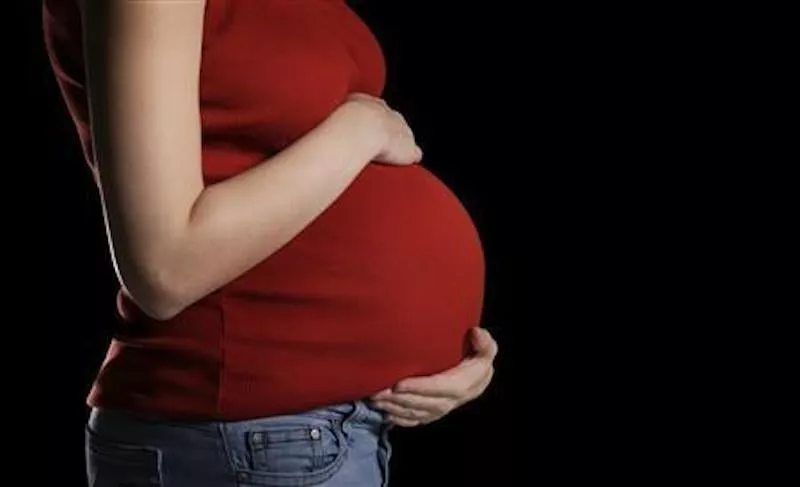Covid raises risk of pregnancy-related complications: study
Pakistani mothers found to be faring better than rest of the world, with lower pre-term births
KARACHI:Pregnant women who contract Covid-19 are 22 times more likely to die and have 50 per cent more chances of experiencing pregnancy-related complications than expecting women unaffected by Covid-19, a global study of over 2,100 pregnant women across 18 countries, including Pakistan, published in JAMA Paediatrics, a monthly peer-reviewed medical journal, has found.
Professor Zulfiqar A Bhutta, Dr Shabina Ariff, Dr Ghulam Zainab, Dr Lumaan Shaikh and Dr Khalil Ahmed of Aga Khan University (AKU) contributed to the global study, which recruited over 300 pregnant women from Pakistan.
The INTERCOVID study – led by the University of Oxford - involved collaborations with 43 maternity hospitals from low, middle and high-income countries to conduct one of the first detailed comparative studies into the effects of the coronavirus on outcomes for mothers and babies during the pandemic.
Read: More risks to pregnant women, their newborns from Covid-19 than known before: study
The researchers sought to understand the effects of Covid-19 in pregnancy by collecting robust data on expecting women with and without a diagnosis of Covid-19.
They found that expecting women with Covid-19 were at an increased risk of pregnancy-related complications such as premature birth, preeclampsia, admission to intensive care and death. The newborns of infected women are also nearly three times more at risk of severe medical complications, such as admission to a neonatal intensive care unit, mostly due to premature birth.
"We now know that the risks to mothers and babies are greater than we assumed at the start of the pandemic and that known health measures, when implemented, must include pregnant women," says Stephen Kennedy, professor of reproductive medicine at the University of Oxford, who co-led the study.
"The information should help families as the need to do all one can to avoid becoming infected is now clear. It also strengthens the case for vaccinating pregnant women," he adds.
José Villar, professor of perinatal medicine at the University of Oxford, who coed the study with Kennedy, clarifies that "breastfeeding does not seem to be related to this increased [risk]. Delivery by caesarean section, however, may be associated with an increased risk of having an infected newborn."
Read more: Oxford pauses Covid-19 vaccine study in kids, awaits more data on blood clot issues
According to the researchers, current evidence shows that breastfeeding is safe, even if mothers have Covid-19, and its benefits outweigh the potential the risk of transmission of the coronavirus.
Breastfeeding should continue to be promoted with mothers being encouraged to take preventive measures such as washing their hands and wearing face masks while nursing, they suggest.
Study in Pakistan
AKU faculty recruited over 300 pregnant women in Pakistan for the global study.
They note that women with Covid-19 and babies in Pakistan had better outcomes than the rest of the world, with lower pre-term births, lesser intensive care unit admissions, lesser neonatal oxygen requirements and the reduced length of hospital stay.


COMMENTS
Comments are moderated and generally will be posted if they are on-topic and not abusive.
For more information, please see our Comments FAQ